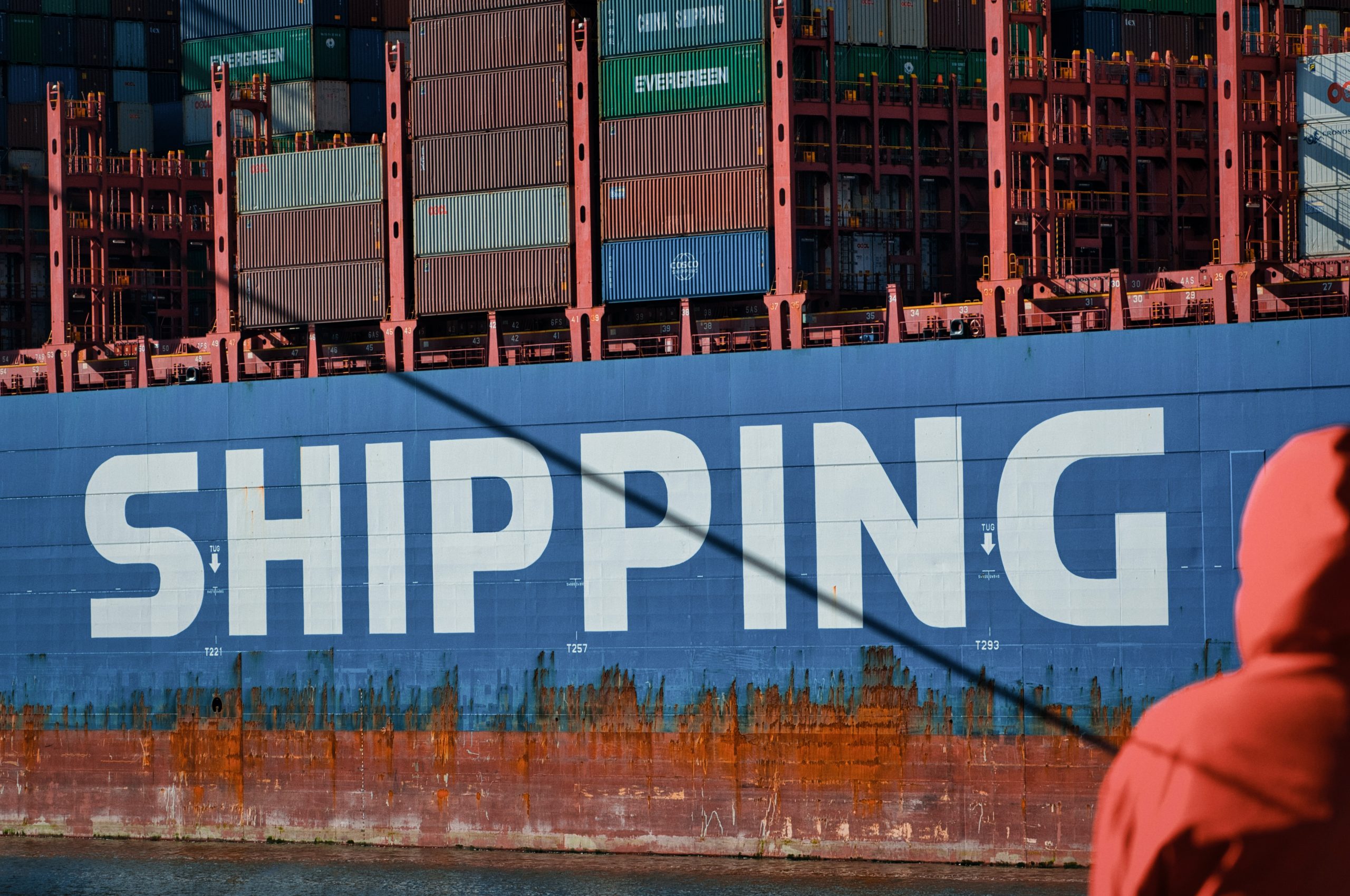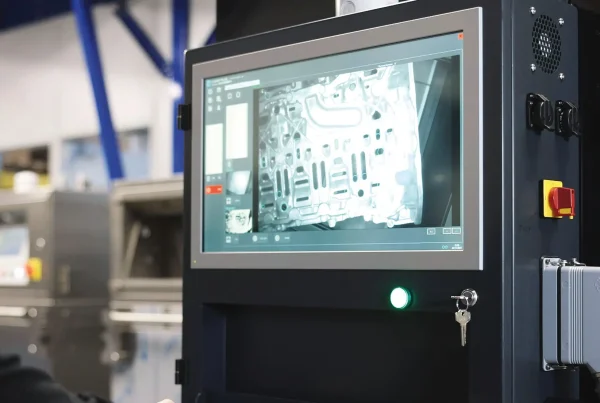The recent trend of production relocation by major companies from China to other Asian countries is causing significant disruptions in global markets and industrial relations with the West. This strategic shift, highlighted by experts like Marzio Morgante from Asian Tax Advisory, reveals a tactical change driven by various critical factors.
One of the most relevant impacts is the gradual detachment of the West from exclusive dependence on China as the primary supplier of critical materials. As explained in previous articles, China plays a monopolistic role in key materials such as copper, aluminum, germanium, gallium, and other essential elements for various industries, especially in the context of ecological transition.
The production migration to Asian countries like Vietnam, Thailand, and India is guided by multiple motivations, including the desire to avoid prolonged lockdowns experienced during the Covid-19 pandemic in China. Additionally, logistical issues, such as the surge in container prices, have rendered attempts at cost savings through relocation futile.
China, a central player in the global supply chain, is witnessing a redistribution of production activities that could, in the long term, reshape global industrial balances. Thailand is likened to China of ten years ago, while Vietnam represents China of twenty years ago from a logistical perspective.
The various production modes in Vietnam, offering foreign companies options between ownership or production through local factories, add a level of flexibility and quality control but may incur higher costs.
Moreover, industrial relocation occurs amid growing geoeconomic tensions between China and the USA. Economic disputes between the two superpowers are influencing corporate strategies as they navigate the challenges of bilateral relations, balancing the need to diversify supply chains with managing risks stemming from uncertain geopolitical contexts.
In summary, industrial relocation in Asia is reshaping global dynamics, presenting both opportunities and challenges. The West must navigate through this evolving scenario, considering the impacts of new production chains and the complex dynamics of international relations between China and the USA. In such contexts, the purchase of used machinery, even from a few years ago, can prove valuable for leveraging reliable and still highly useful technologies.



